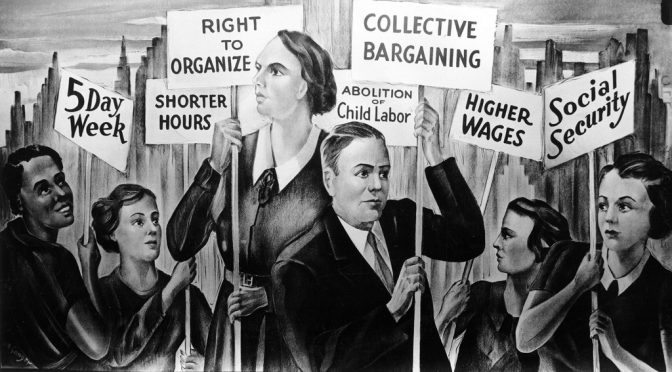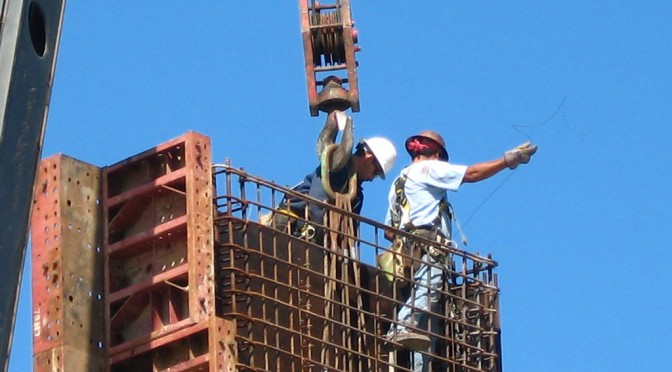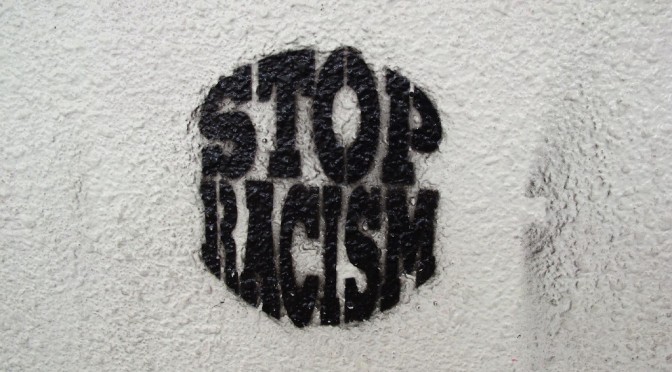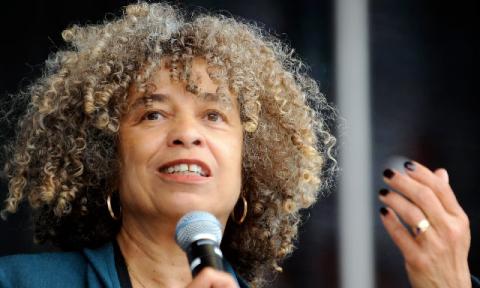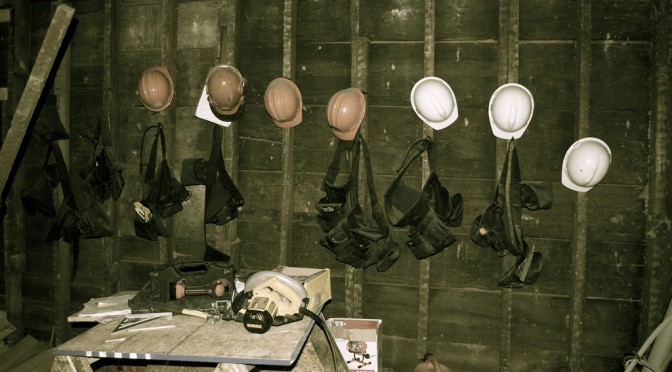By Rebecca Lurie
This summer, the Pinkerton Foundation released a new paper called “Make Bad Jobs Better: Forging a “Better Jobs” Strategy,” by Steven L. Dawson. Dawson argues that the tightening labor market and improving economy offer new opportunities for organizers, educators and workers to bargain harder and “make bad jobs better.” Here, Rebecca Lurie, Program Director for the Community and Worker Ownership Project at the Murphy Institute, responds:
This Pinkerton Paper sings my song! Words like dignity, agency, organizing, self-worth, stability, respect are music to my ears. When workforce development can build pathways to this we do much more than create one job placement at a time. We contribute to the work of building a more just society, rooted in self-actualization and empowerment. Continue reading Labor History: A Key to Making Bad Jobs Better

